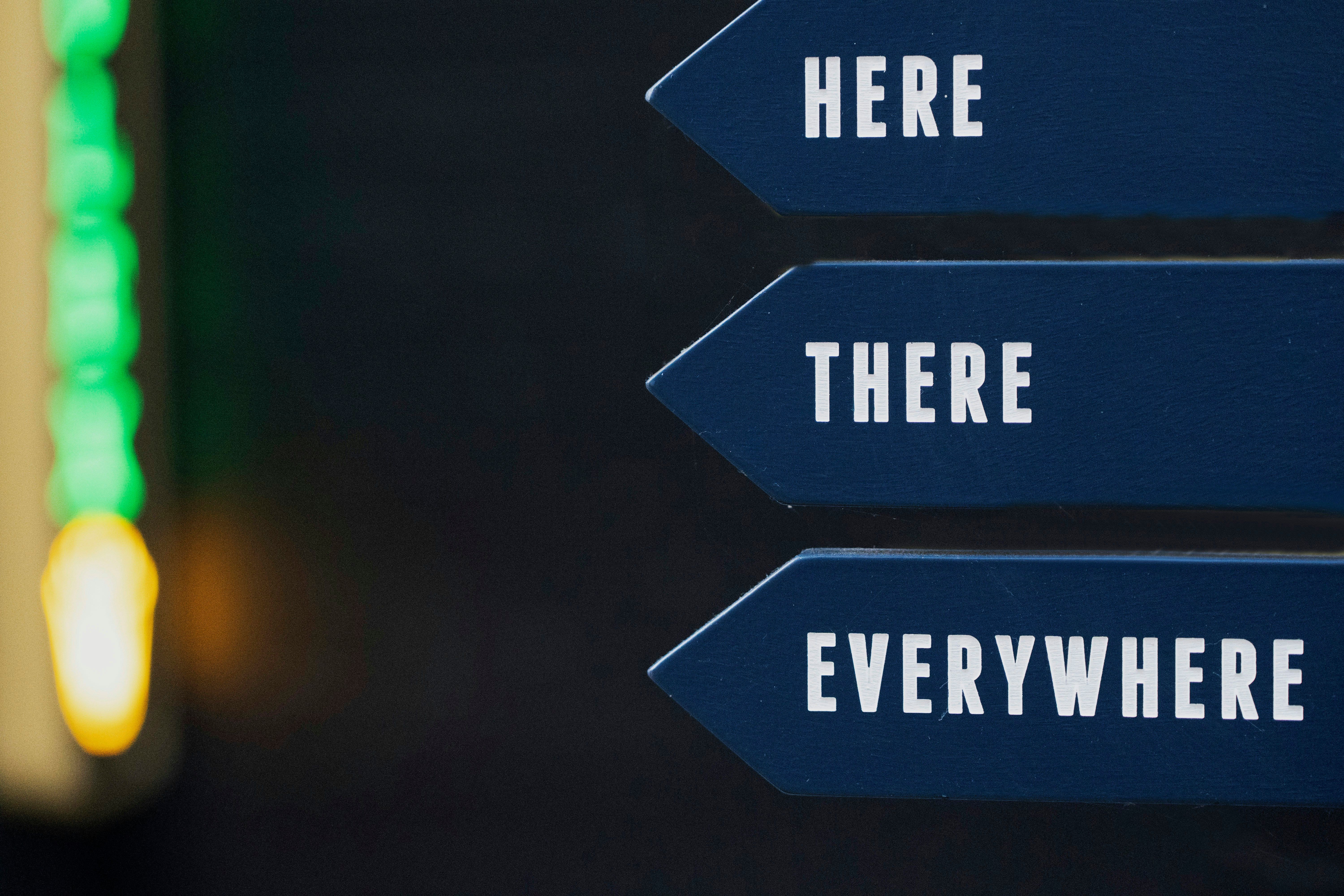Powerful Producer Weinstein Allegedly Made Sex Assault Victims Feel Insignificant, Court Informed
Hollywood Kingpin on Trial: Harvey Weinstein Accused Once More
In the heart of Manhattan, the curtains have lifted on the second act of the Harvey Weinstein sex crimes trial. This time around, the game-changing accused faces charges that could solidify his position as a pariah in the glamorous world of Hollywood.
The trial, which started with jury selection last week, has summoned survivors who sparked the global "MeToo" movement to stand up against Weinstein once more.
The Miramax studio titan is up against some hefty allegations. He's been charged with the 2006 sexual assault of former production assistant Mimi Haleyi and the 2013 rape of aspiring actress Jessica Mann. Additionally, Weinstein faces a new count for an alleged sexual assault of a 16-year-old in 2006.
Assistant District Attorney Shannon Lucey, with graphic reenactments, outlined Weinstein's alleged transgressions in court. All three women had, time and time again, pleaded with him to stop, but he used his power to shrink them down to inhabitable spaces.
The jurors, largely female, were guided through episodes where Weinstein allegedly skewed the balance of power, twisting it to his advantage. Kaja Sokola, a young model at the time of the alleged assault in a Manhattan hotel, claimed Weinstein made her feel almost invisible.
Defense attorney Arthur Aidala, stepping onto the stage, asserted that this prosecution's opening statement was merely half the narrative. He slyly insinuated to the jury that there would be no evidence presented to suggest the use of force or lack of consent.
The case’s outcome will hinge on testimony from the survivors and the argument between power, position, and consent in the realm of Hollywood's elite. Striking a chord echoing beyond the courtroom, Weinstein's retrial promises to issue a verdict that will speak volumes about the entertainment industry and the societal dynamics it's entangled within.
As the trial unfolds, the public eye remains focused on Weinstein, the former movie mogul. His wheelchair-bound silhouette in the courtroom serves as a grim reminder of the fallen star who, at 73 years old, still insists on his innocence in the face of more than 80 accusations from actresses including Angelina Jolie, Gwyneth Paltrow, Lupita Nyong'o, and Ashley Judd.
In 2020, a jury of New Yorkers found him guilty of two out of five charges stemming from the assault of Haleyi and the rape of Mann, landing him a 23-year prison term. However, the conviction was overturned a year ago by New York's Court of Appeals due to procedural errors[1]. The evidence presented in the retrial is predicted to span over five to six weeks.
Witnessing Hollywood's most dramatic downfall, Weinstein remains steadfast, hoping for a fresh verdict more than seven years after his precipitous descent and the global outcry against predatory abusers[1]. His name was once synonymous with hits like “Sex, Lies and Videotape,” “Pulp Fiction,” and “Shakespeare in Love,” but now encyclopedias may never fully record his tumultuous trajectory.
- Artificial intelligence (AI) could potentially provide insights into the complex dynamics of sexual assault cases, aiding prosecutors in the Weinstein trial by analyzing patterns in victim testimonies.
- Business ethics experts have argued that the entertainment industry must prioritize health-and-wellness initiatives and create a culture that fosters sexual health awareness, especially in light of the Harvey Weinstein scandal.
- In the midst of the Weinstein trial, numerous celebrities have taken to their social media platforms, using their influence in the world of entertainment and general news to raise awareness about crime-and-justice issues, such as sexual assault.
- Lawyers for the defense have requested that the jurors be instructed to consider the possibility of Weinstein's advanced age impacting his mental state at the time of the alleged assaults, as his deteriorating health may affect his cognitive abilities.
- The rise of digital technologies has facilitated the explosive growth of health-and-wellness businesses, allowing consumers to easily access a wide variety of products and services aimed at promoting sexual health and overall well-being.
- As Weinstein's latest trial draws to a close, many jurors expressed feeling torn between their need to arrive at a just verdict and their desire to ensure they are not contributing to the further victimization of sexual assault survivors.
- Despite the extensive media coverage surrounding the Weinstein trial, some members of the public believe that the entertainment industry continues to shy away from addressing the wide-ranging effects of sexual assault on the mental and emotional health of its celebrities, preferring instead to focus on the sensational aspects of the trial.
- As the höchste deutsche Gerichtsinstanz (the highest German court) considers admitting evidence from Harvey Weinstein's trials in Germany, legal experts warn that an international consensus on cross-border sex crime prosecution may be necessary to ensure that perpetrators like Weinstein are held accountable for their actions regardless of the jurisdiction in which the crimes took place.








